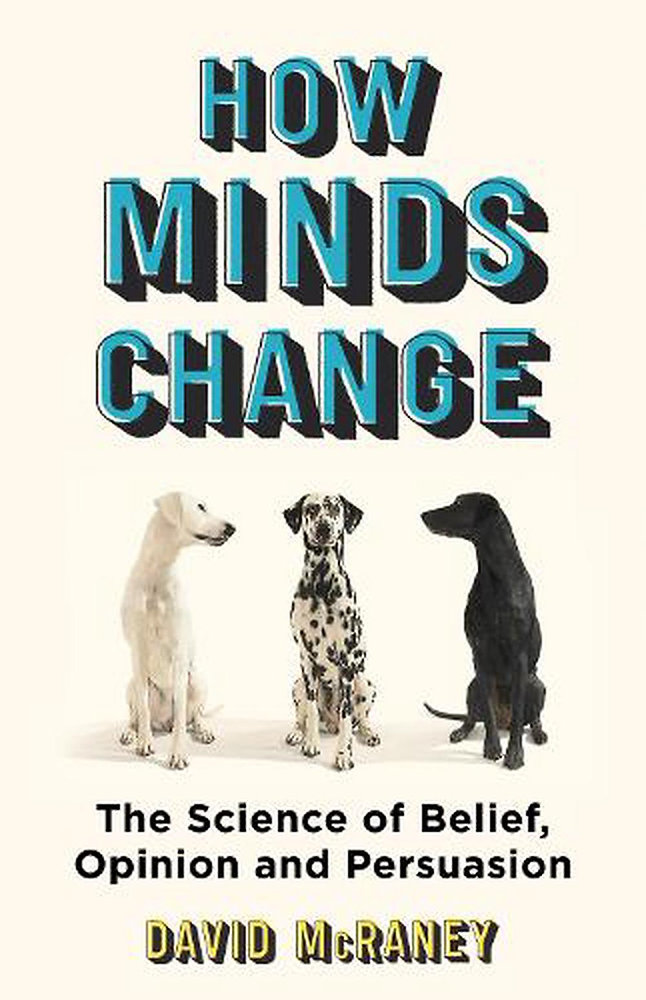Tania reviewed How Minds Change by David McRaney
Enjoyable and insightful
4 stars
I didn't start with high expectations for this book but was pleasantly surprised. It was very insightful and clearly written - a mix of interesting conversations, humane stories and individual journeys, as well as some social science, psychology and neuroscience theory and research. I really enjoyed reading it. Now I need to give McRaney's podcast a second chance.
I didn't start with high expectations for this book but was pleasantly surprised. It was very insightful and clearly written - a mix of interesting conversations, humane stories and individual journeys, as well as some social science, psychology and neuroscience theory and research. I really enjoyed reading it. Now I need to give McRaney's podcast a second chance.



